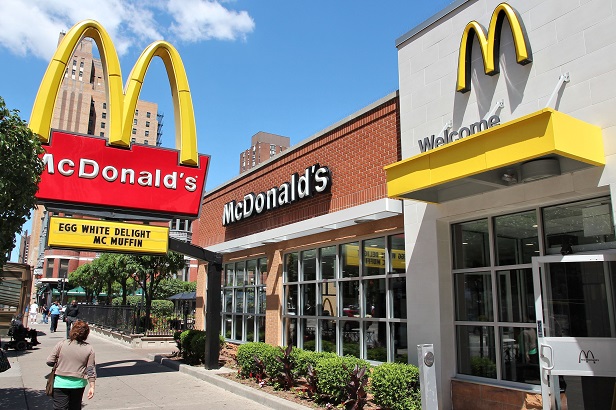There is little doubt—this pandemic is precipitating a recession after tanking Wall Street, sharply curtailing spending, stressing businesses, and leading to widespread layoffs. No sports, no vacations, no meals out, no shopping sprees. For a month, maybe two or maybe more.
And for real estate what does it mean?
Hotels are on the front lines. It won't be pretty especially if there is a lot of debt service to cover. Short term revenues dry up. Bookings can bounce back quickly, but spring conference, convention, and meeting business is just lost. It will be a heavy hit.
Retail as well is being slammed. Corona virus could kill many store brands that have been teetering in the wake of consumers moving to e-commerce alternatives. People have no appetite to shop except for essentials, especially when savings accounts have been hammered and earnings prospects turn shaky. I have been asking for several years, if you think retail is in rough shape when the economy is supposedly doing well, what's going to happen when the economy nosedives? Well we are about to find out. Anticipate more empty stores along streetscapes and in malls, and these vacancies will be extremely difficult to fill long term. It won't be pretty.
The overbuilt luxury condo market is code red too. Too many units have been built and sales have been slow even as the Dow Jones was hitting new highs month after month. Now forget about it. Affluent buyers within a week are suddenly far less affluent. The stock market always recovers, but that could take a while. Developers and their lenders realize not only that buyers have evaporated, but also that they will have no choice but to reduce prices to get any traction once the crisis passes. It won't be pretty.
Anxiety grips brokers of all stripes who must know that deal making of any kind has suddenly entered a deep freeze. Businesses think about shrinking space, not leasing it. Buyers don't have the bucks to make deals or will hold off to get bargains when the dust settles. Lenders pull back across the board as they face liquidity issues. The transaction market resembles Pike's Market in Seattle. It may be open, but it sure looks empty. Commissions and bonuses this year? It won't be pretty.
Lenders on recent projects or recently purchased, highly leveraged assets swallow hard. Where's the cash flow? While banks have been more disciplined in this cycle thanks in part due to more stringent regulation, late in the cycle deals at market top prices are primed to be savaged. And if you are a spec developer still in the ground, ouch. That's your lender knocking. And he's not looking sick because he's got the virus. Yeah, it's not pretty.
Value add and opportunistic investors who bought into fund managers' pitches about still-available, late in the cycle yields face an unsettling reality. It will be hard to pay off on their bets. Do you feel better when they suggest to be prepared to re-up in their next offering coming out in early 2021 to take advantage of the market bottom? That reaction may not be pretty either. But by then it might be a good time to make a move.








